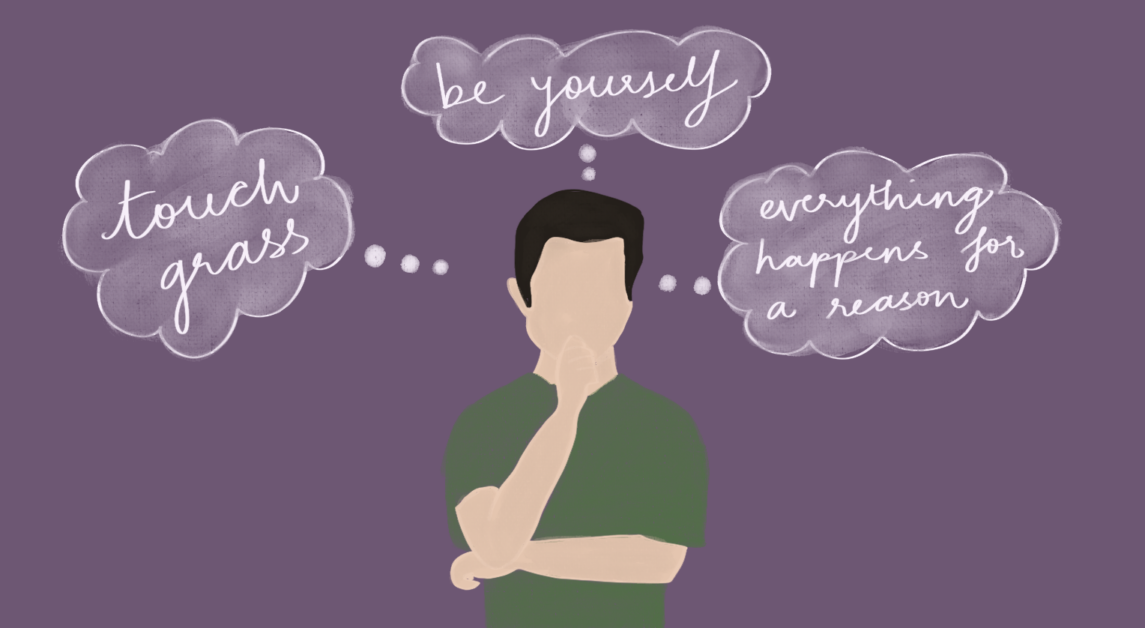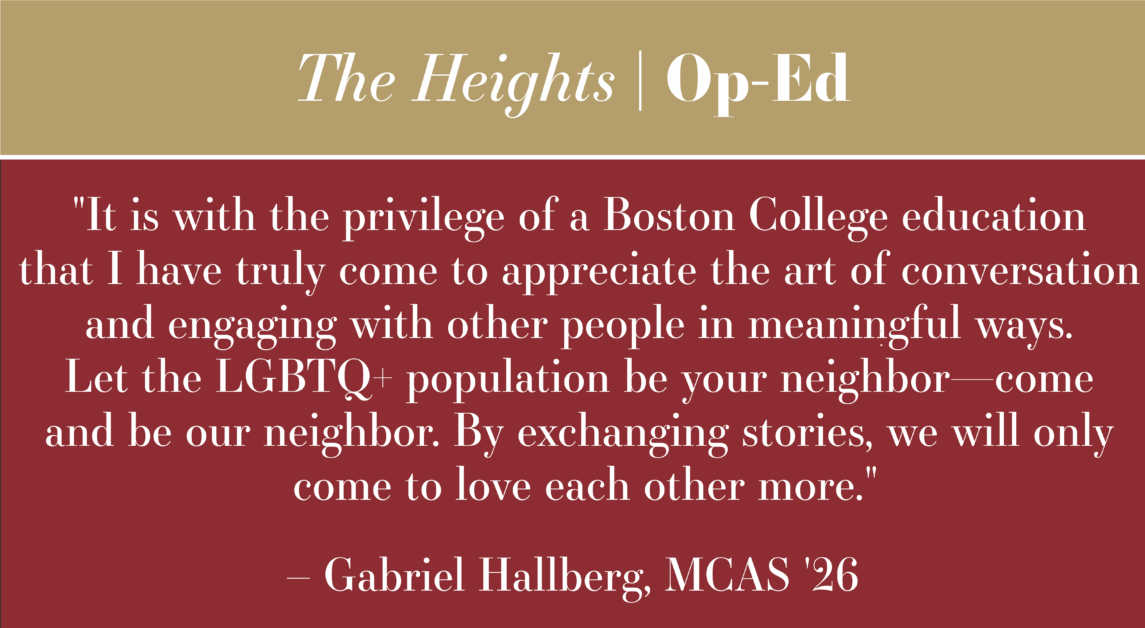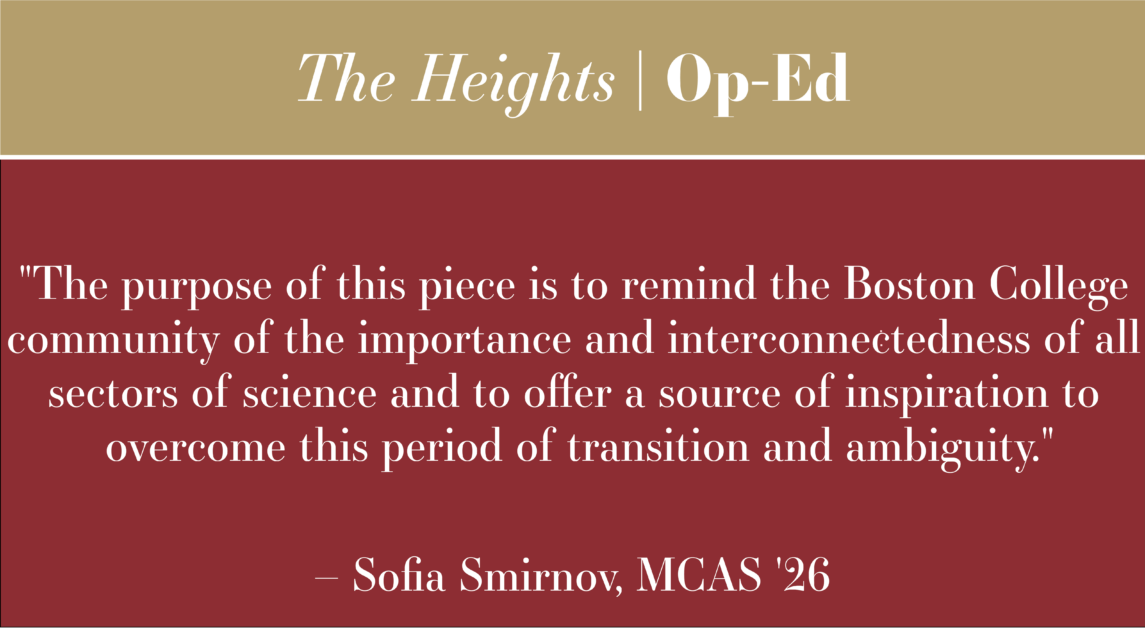Everyday existence within a community whose maxim is “Ever to Excel” certainly yields a competitive nature. Furthermore, it may also breed a necessity, a longing to be correct and prove your knowledge is just a little less finite than that of your counterparty. And when being right is paramount, obtaining a thinly veiled illusion of it is often easier. Sophistry, derived from the ancient Greek sophistēs, meaning “wisdom,” is the practice of employing appearingly sound reasoning in the defense of a conclusion that is inherently false or subjective by nature. Today it connotes the willingness to utilize any argument to prove a point, exposing one’s deep void of convictions or merely the capricious nature of any convictions that seem to exist. In our community, it rears its ugly head anywhere from the classroom to the dorm room, from wrestling over politics to wrangling over which dining hall is best. Yet this argumental practice is not restricted to Millennials—it is in fact practiced by pseudo-intellectuals across the country, and it’s further expansion could one day be the root of our peril.
Here is a pertinent example of sophistry that occurs frequently among Millenials: One claims that they hold that people of all backgrounds, races, sexes, or socioeconomic positions have the same ability to speak truth, yet then claims that certain topics can only truly be discussed by people of certain facets, certain backgrounds—excluding others on the basis of the aforementioned features. It is an alarming assertion that too often occurs.
As Millennials, we have been shaped by a mercurial world, with rapid advancements in almost all aspects of our life. Yet this very whimsical world is what invites sophistry so easily into the millennial’s life. It is very much a millenial problem, in that we often project a tree of knowledge that is in actuality rootless. We gather our information from an ever-changing internet, from Youtube videos and Celebrity tweets. Within communities like Boston College—highly intellectual yet ridden with rivalry—examples of sophistry can be found anywhere. In the classroom, an arsenal of rhetoric and flowery language often hides a constitutionally false statement. Even in everyday conversation, the incessant need to be right infects our lives here: students often can be heard debating not in an attempt to garner real information, but for some sort of transient vindication.
At first glance, sophistry seems harmless, but its harm is real and quite grave. As young adults, we strive to mold ourselves into who we hope to become, and certainly most of us have not yet reached our zenith. Is our identity so temporal that, on every whim of a new conversation, the beliefs we hold as self-evident change in an attempt to be correct? If our convictions are always relative, then we can never hold an absolute goal in life and subsequently can only chase fleeting pleasures. More so, what can we strive toward as a macrocosm if we consistently strike against our foundations? Abandoning truth for only the appearance of such leads down a dark road—a road built on nihilism—that discredits all we have built and striven for, especially in the realm of academia. Certainly we cannot, and I implore us to not, trade absolutes for relatives.
One of the most prevalent habitats of sophistry is quite new in our world. Social media propagates sophistry daily, and rather than ever facing consternation, the practice often is rewarded with praise. Sophistry exists most prevalently in heavily politicized social media platforms, such as Facebook and Twitter. Both platforms are greatly polarized and subdivided into groups of people who hold similar beliefs. Thus, when sophistry is utilized to debunk opposing views, it is often celebrated as practical wisdom. For example, often constructed on social media in response to opposing sentiments (often political) are strawman arguments: intentionally misrepresented propositions set up because they are easier to defeat than an opponent’s real arguments. They often rely on striking contradictions to one’s own beliefs, as well as sophism. These strawman arguments then influence neutral individuals who are not knowledgeable on a subject and now only see a distorted truth. Furthermore, with these social media platforms being so polarized, the ability to retort these strawman arguments is heavily limited. Strawman and sophism go hand in hand, and we must confront them—they promulgate the need to be correct, instead of the need for truth.
As the drive for both gratification and sophism have survived the tests of time, we must accept that they may never be fully eradicated from our midsts. Yet in hopes of alleviating these afflictions, we must earnestly seek out absolute truths, not the gratification of being faultless. We must ruminate over why we are here, what our goals are. Are we here to gain temporary satisfaction and dwell in illusions, or are we here to search for something more, something concrete, and align ourselves with that which we wholeheartedly come to believe? Perhaps Plato said it best: “When a person supposes that he knows, and does not know; this appears to be the great source of all the errors of the intellect.” The greatest error is giving the perception of speaking truth while truly erring. Certainly we can leave these fears of failing and ignorance in hope of truly succeeding and one day truly knowing.
Featured Graphic by Anna Tierney / Graphics Editor













